Dental treatment under sedation for children
Most children experience severe stress or fear before visiting the dentist, which prevents the necessary treatment from being carried out. Therefore, many clinics offer children's dental therapy under "anesthesia" or sedation - a medicinal relaxation that reduces the activity of the nervous system. The method of treatment using sedation helps children to endure dental procedures without fear and discomfort. It can also be supplemented with local anesthesia to eliminate pain.

specialists

equipment

treatment

Dental therapy under drug-induced sleep sleep weakens the body's reaction to external stimuli, does not cause fear and allows children to remain conscious, answer the doctor's questions during the procedure.
Indications for dental treatment under sedation in children include:
- High anxiety that is difficult to control during a visit to the doctor
- Inability to remain motionless for a long time, which is required during complex procedures, such as tooth extraction
- The presence of neurological disorders that aggravate the condition against the background of stress
In addition, dental treatment under sedation is recommended for children who have contraindications to the use of local analgesics, such as allergic reactions or other side effects from traditional local anesthesia.
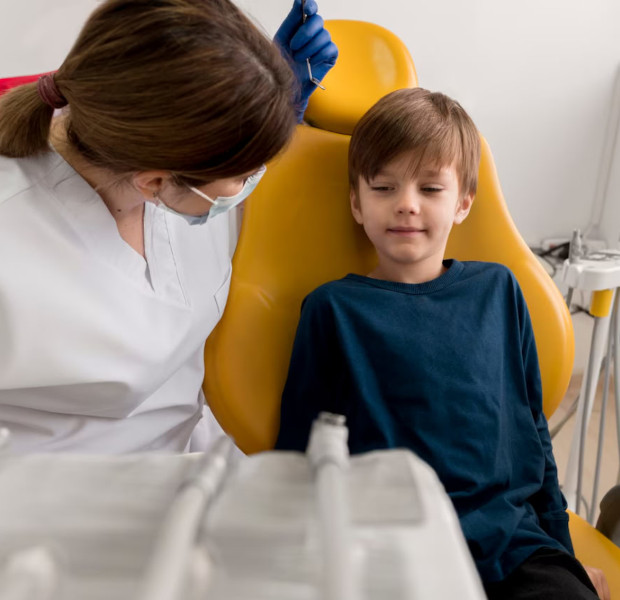
Since a child's body reacts to medical interventions differently than an adult's, it is important to consider contraindications to sedation when choosing the type of anesthesia:
- Uncontrolled hypertension. In children with high blood pressure, sedation increases the risk of developing cardiovascular complications
- Heart failure. If a child takes medications to stabilize the heart, their withdrawal before drug-induced sleep can negatively affect his condition
- Epilepsy. Drug-induced sleep, especially with the use of inhalation anesthetics, causes an increase in intracranial pressure and provokes attacks
- Exacerbation of chronic diseases. After the use of sedation, the risk of complications increases
- Bronchial asthma in the decompensation stage. Medicinal sleep leads to breathing problems and is life-threatening due to increased asthma symptoms
Before dental treatment under sedation, the doctor clarifies whether the child has allergies to drugs, studies the history of previous allergic reactions. It is also possible to conduct allergy testing on small doses of the drug to assess the body's reaction.
General information about the procedure
Benefits of treating children's teeth "in their sleep"
Children's dental treatment under sedation in Moscow has many advantages:
- No pain or fear of dental procedures
- Tooth extraction, treatment of deep caries without breaks for sedation
- Treatment of several teeth in one session, which reduces the need for multiple visits to the dentist
- Reduced risk of stress after dental treatment. The absence of painful memories prevents the development of dental phobia
Want to treat your child's teeth in safe sleep at the K+31 clinic? Contact us! The cost of services depends on the complexity of the treatment, the duration of sedation and the materials used.
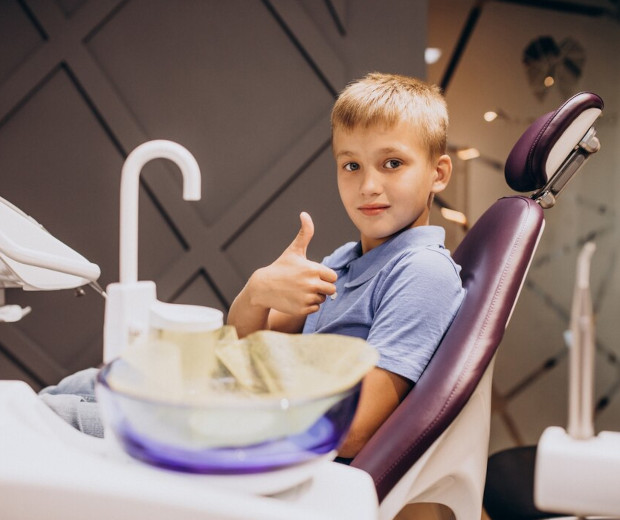
Answers to popular questions
Dentists at the K+31 clinic have prepared answers to the most frequently asked questions about treating children’s teeth under sedation.
What are the risks associated with sedation?
At what age can sedation be used for dental treatment?
Is sedation safe for a child?
What happens after the child wakes up?
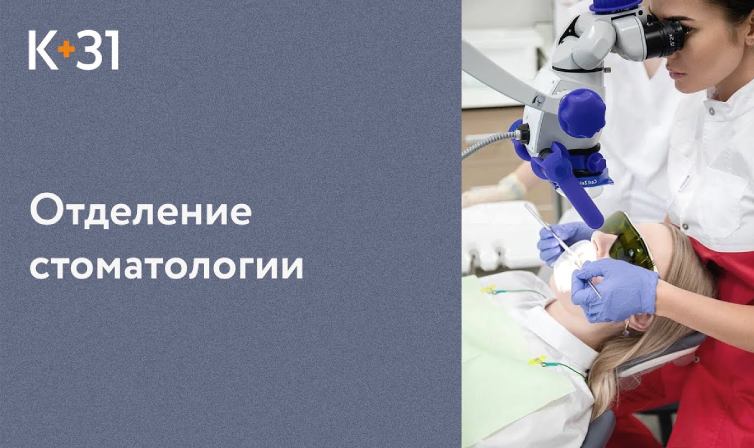
Modern methods of diagnostics and dental treatment at "K+31"

This award is given to clinics with the highest ratings according to user ratings, a large number of requests from this site, and in the absence of critical violations.

This award is given to clinics with the highest ratings according to user ratings. It means that the place is known, loved, and definitely worth visiting.

The ProDoctors portal collected 500 thousand reviews, compiled a rating of doctors based on them and awarded the best. We are proud that our doctors are among those awarded.
Make an appointment at a convenient time on the nearest date
Price
Other Services








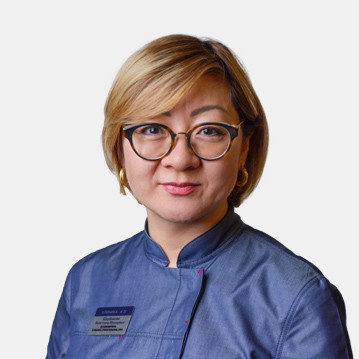
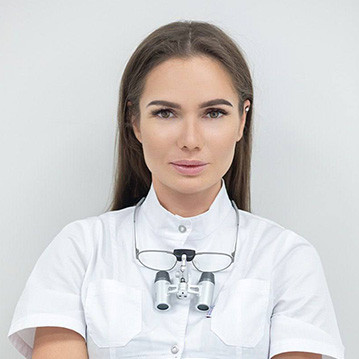
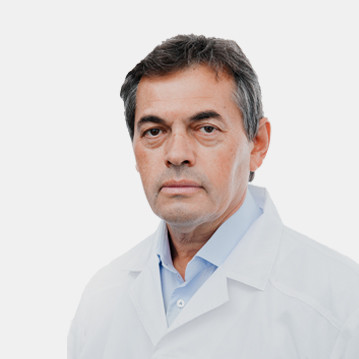
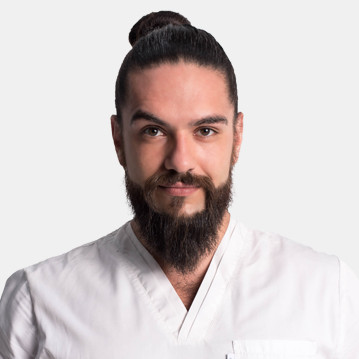
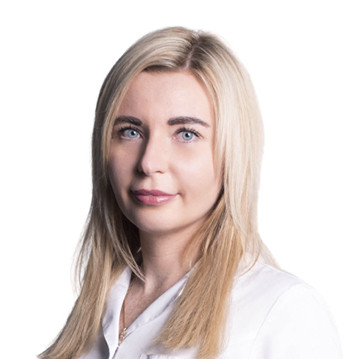
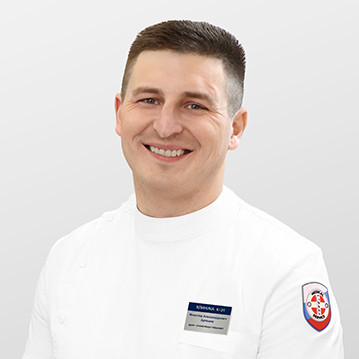
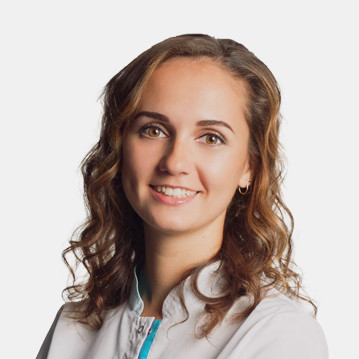
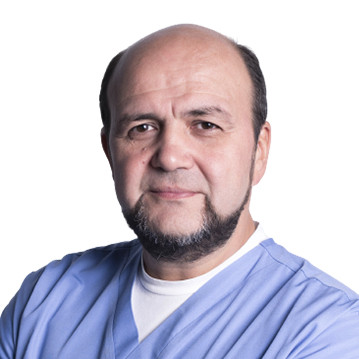
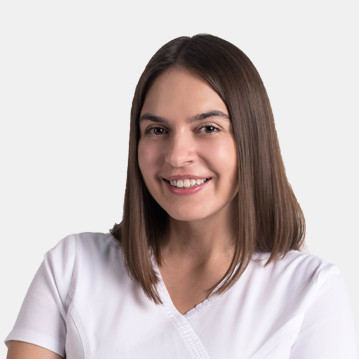
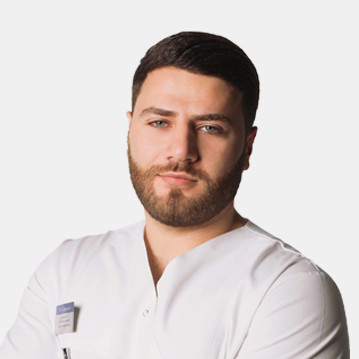
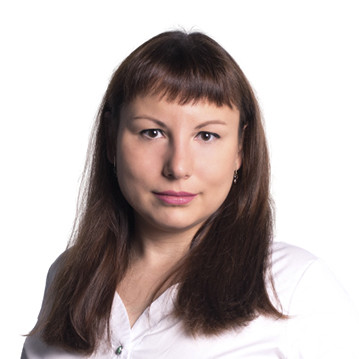
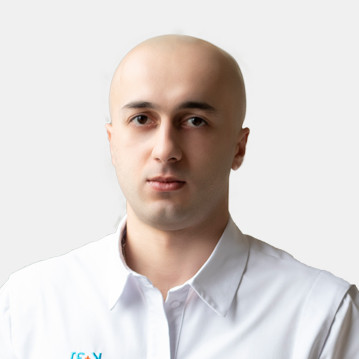
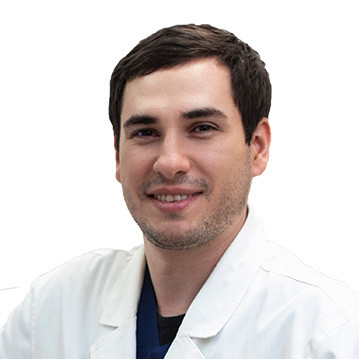

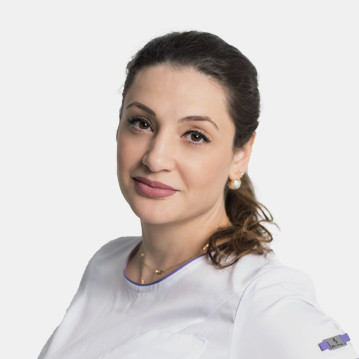
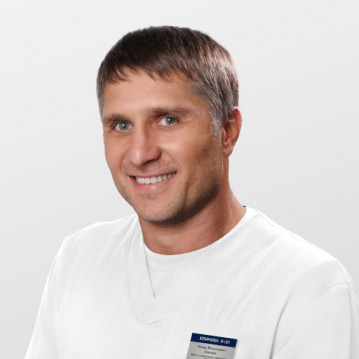
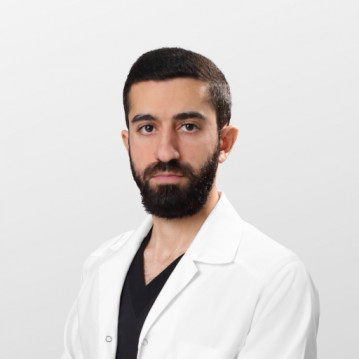
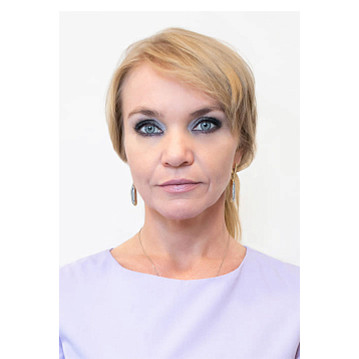

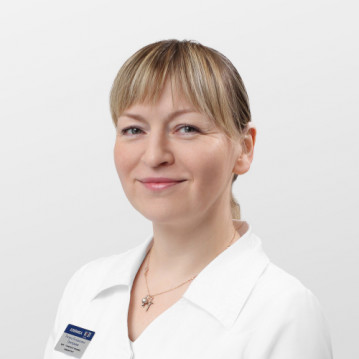
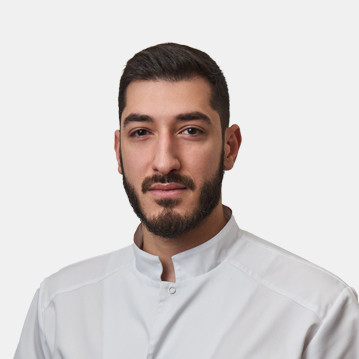
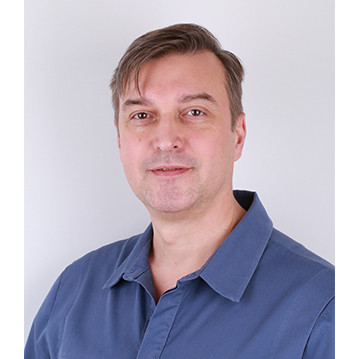
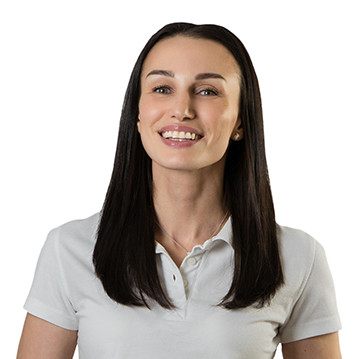
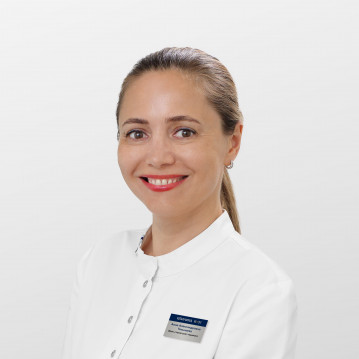
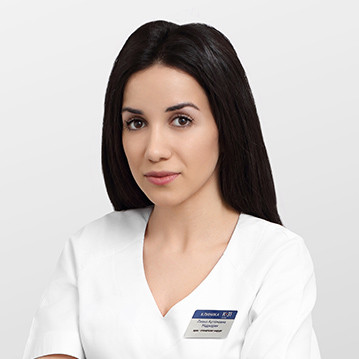
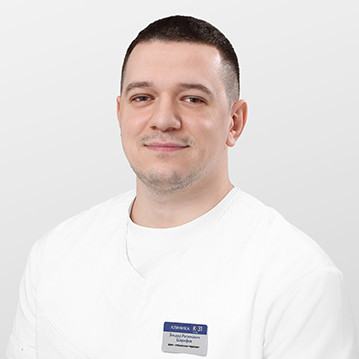
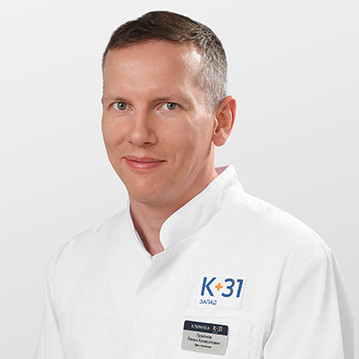
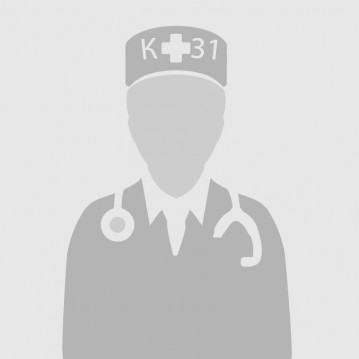
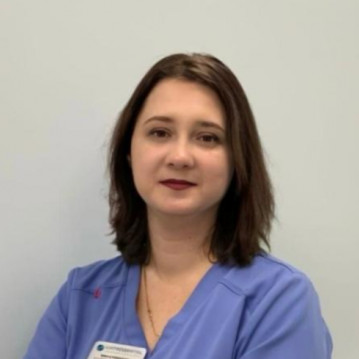
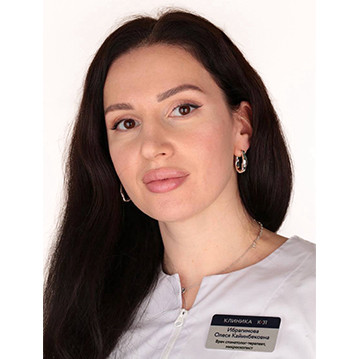
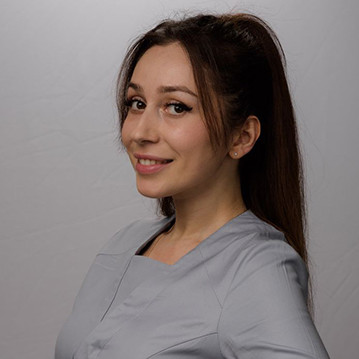
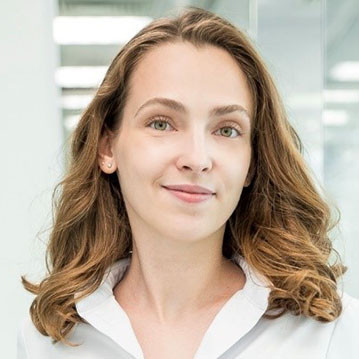
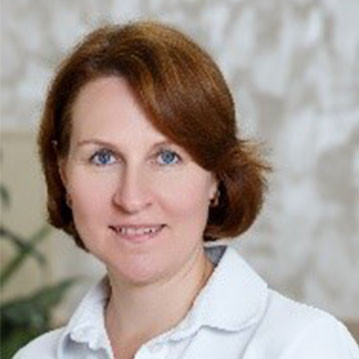
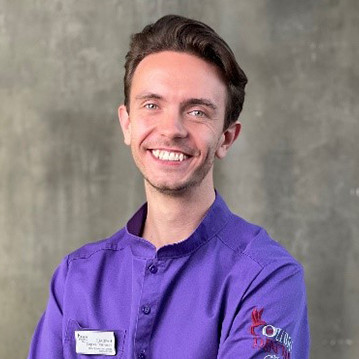
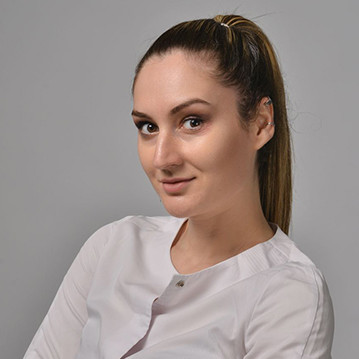
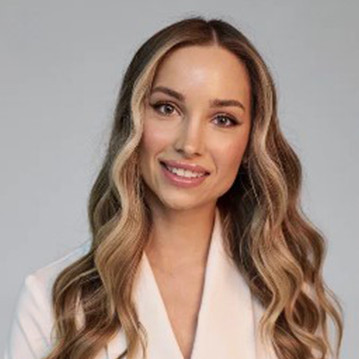
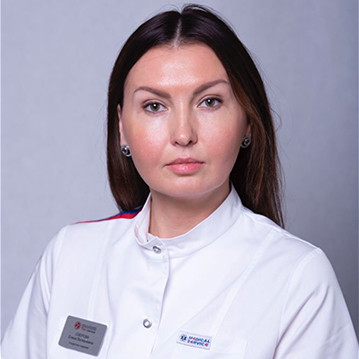
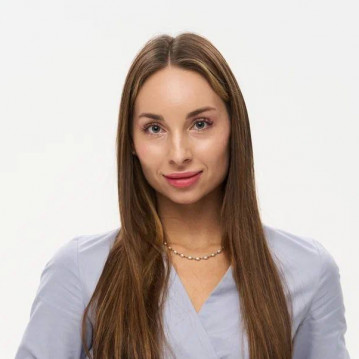
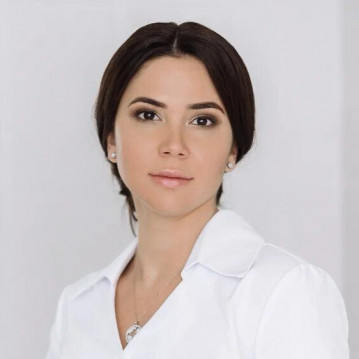
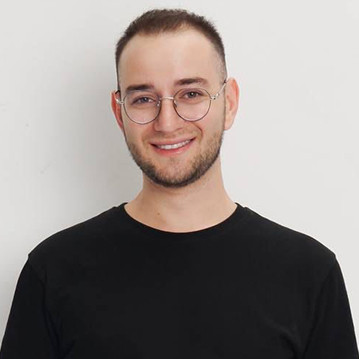
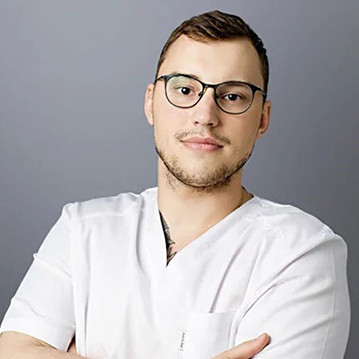





What is sedation dentistry?
Sedation in dentistry is a medical procedure used to reduce patient anxiety before and during tooth extraction, caries treatment, implant placement, and deep dental cleaning. It involves the administration of drugs that depress the central nervous system, helping the patient to relax and fall into a drug-induced sleep.
Important! Dental treatment with sedation for children requires qualified anesthesiologists, appropriate licenses, and equipment. Not all dental clinics can perform treatment using drug-induced sleep.
Our medical center “K+31” has all the necessary permits and modern equipment for treating children's teeth during sleep. Treatment is carried out under the supervision of an experienced anesthesiologist-resuscitator, which ensures high safety and comfort.